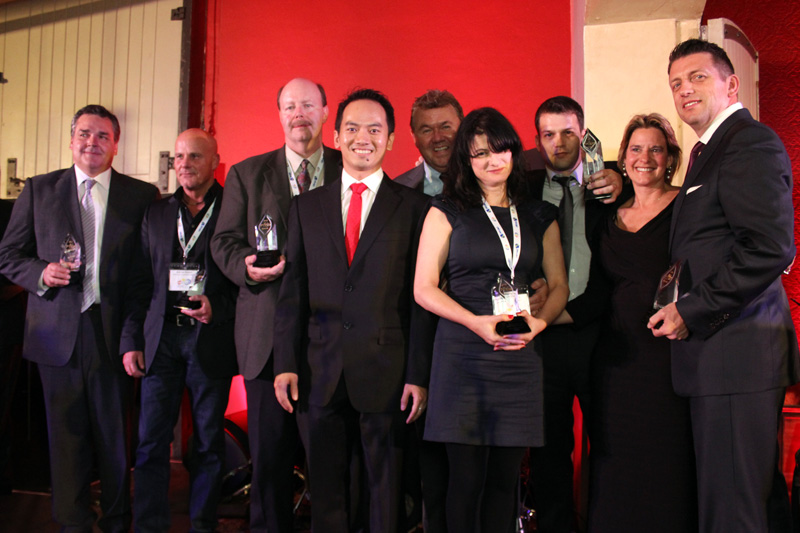The U.S. government has come under fire for considering appropriating millions of dollars that otherwise would be paid by tobacco manufacturers to tobacco growers.
This is not taxpayer money, but the government is in a position to appropriate it because the money passes through the hands of the U.S. Department of Agriculture (USDA).
“The U.S. government is considering withholding millions in non-taxpayer dollars owed to North Carolinians that depend on this income as part of the landmark tobacco buyout settlement,” according to a press note issued by the North Carolina Farm Bureau (NCFB).
“In 2004, the American Jobs Creation Act established the Tobacco Transition Payment Program (TTPP) to help tobacco producers transition to the free market. The program eliminated the tobacco quota and price support system in exchange for 10 annual payments to producers from 2005–2014. The “assets” once held by farmers and quota holders were replaced by legally binding contracts with the USDA, which manages the collection and distribution of TTPP funds. Only the 2014 payment is outstanding for completion of these contracts.
“Where TTPP payments differ from most other federal programs appropriate for sequestration is that these payments are not taxpayer funded; rather, they are funded through fees that are assessed to tobacco companies. [The] USDA’s only role is to pass along the fees collected from tobacco companies and distribute them to contract holders.”
“It does not matter whether the U.S. government decides to hold hostage all or just a portion of the millions of non-taxpayer dollars owed to N.C. tobacco farmers; our state’s economy and its largest industry—agriculture—will be negatively impacted,” said Larry Wooten, president of the NCFB. “We understand the fiscal realities that led to the sequestration of funding for other federal programs, but North Carolina citizens, in good faith, signed these binding contracts with their own government, and many have already factored these payments into their business plans for 2014. We believe the federal government is incorrect in considering sequestering a portion of the tobacco buyout payments owed to farmers in 2014.”
“While North Carolinians are owed the largest portion of the 2014 TTPP payments, farmers and quota holders in all 50 states are also owed money from the federal government,” the press note said. “If paid in full, the 2014 payments would total approximately $1 billion. OMB [Office of Management and Budget] officials have declined to confirm just how much of the payments they are considering withholding.”

